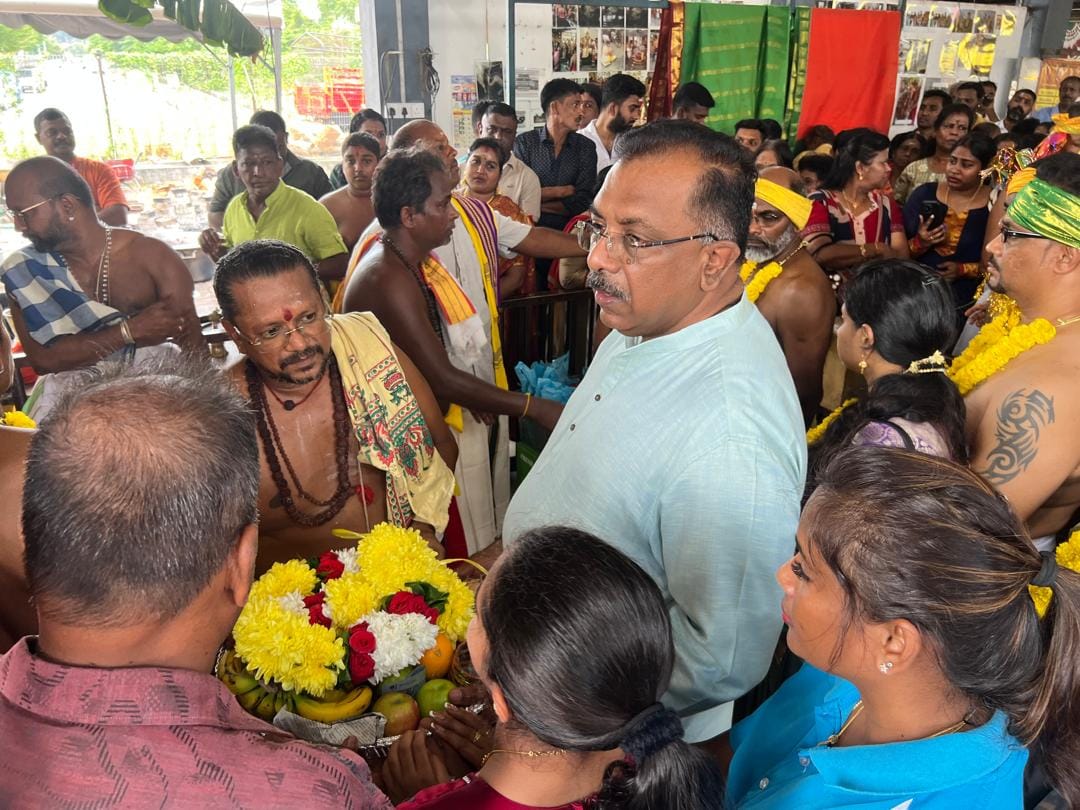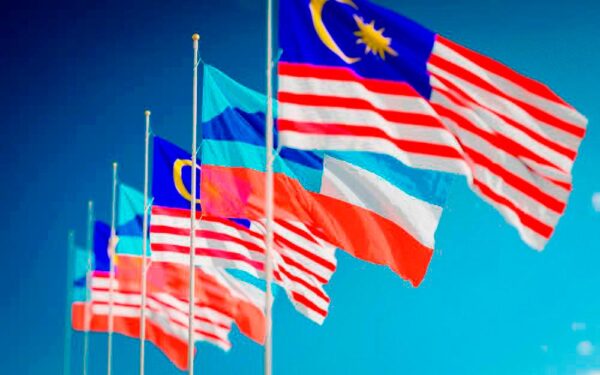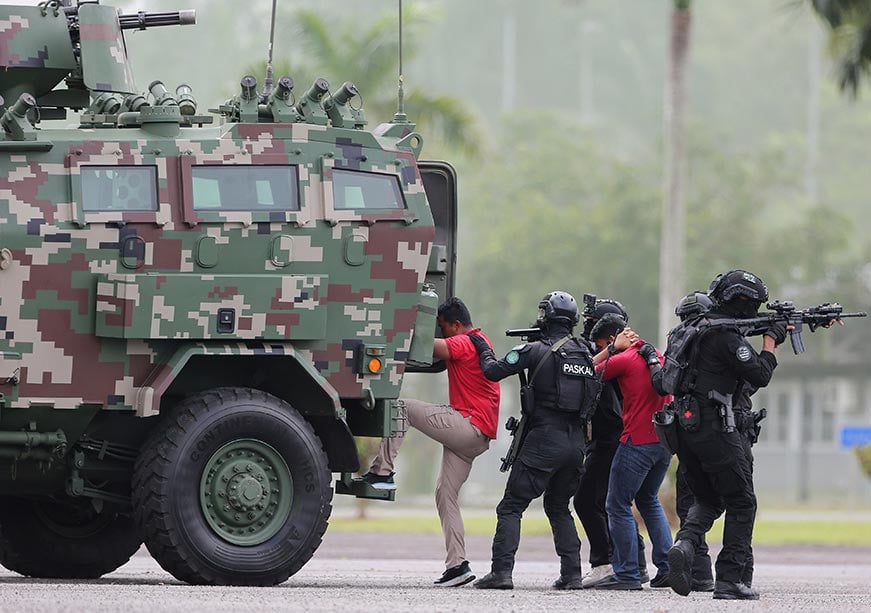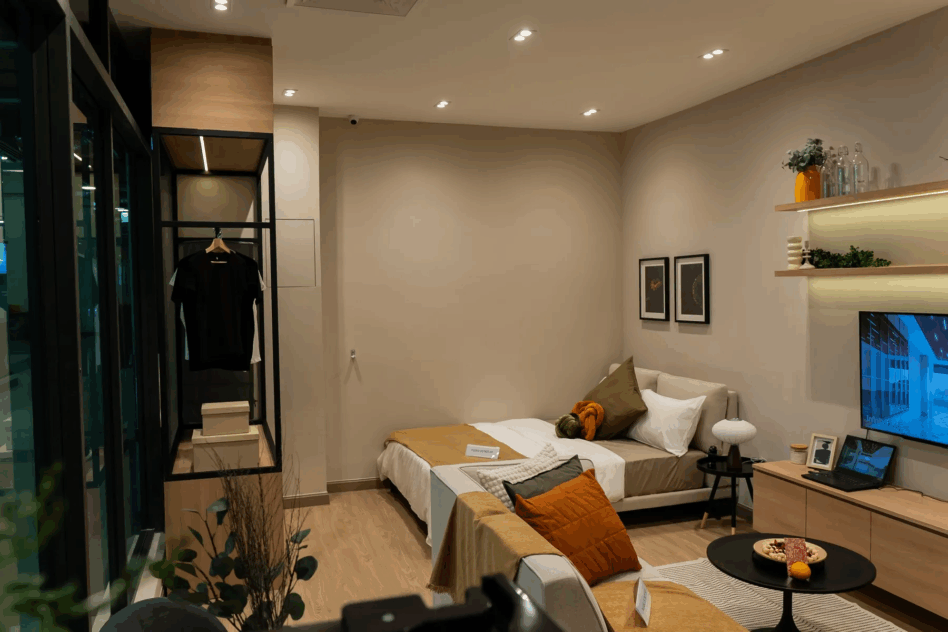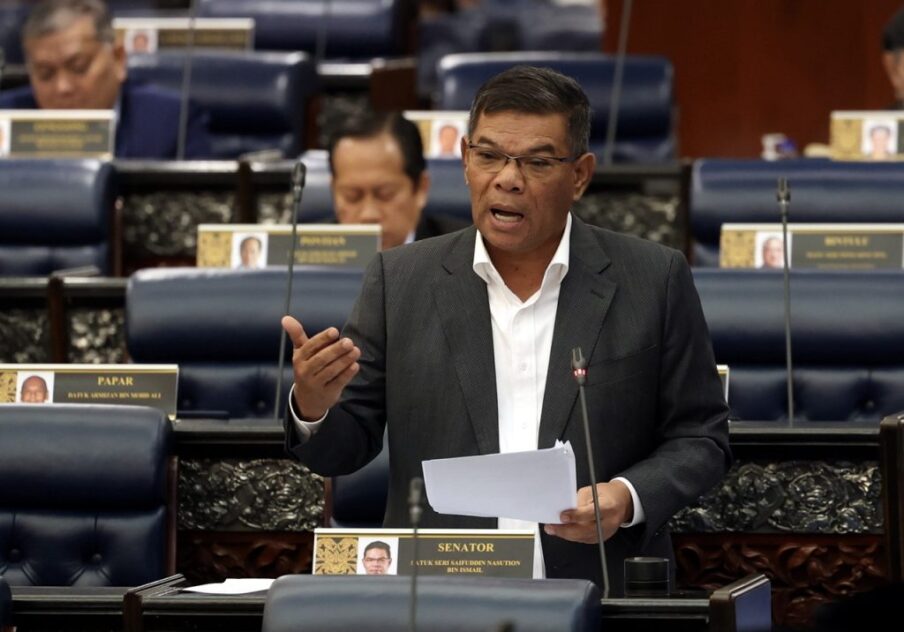SENTOSA state assemblyman Gunaraj George has proposed formation of a Non-Islamic Religious Affairs Advisory Board at the national level to manage issues concerning non-Islamic places of worship and religious sensitivities in a more structured, systematic and inclusive manner.
According to him, the board would complement the roles of existing mechanisms at the state level such as the Five Religions Committee (RIBI) which currently serves as a communication channel between religious communities while helping the authorities resolve interfaith issues harmoniously by providing policy advice on unity.
“Ideally, a national-level advisory board working closely with RIBI would not only strengthen enforcement efforts on matters concerning places of worship but also resolve long-standing issues faced by non-Muslim communities, including the use of misleading and offensive terms,” he pointed out in a statement.
The PKR Kota Raja branch chief further referred to the usage of terms such as “illegal temple” which he described as inaccurate both legally and culturally.
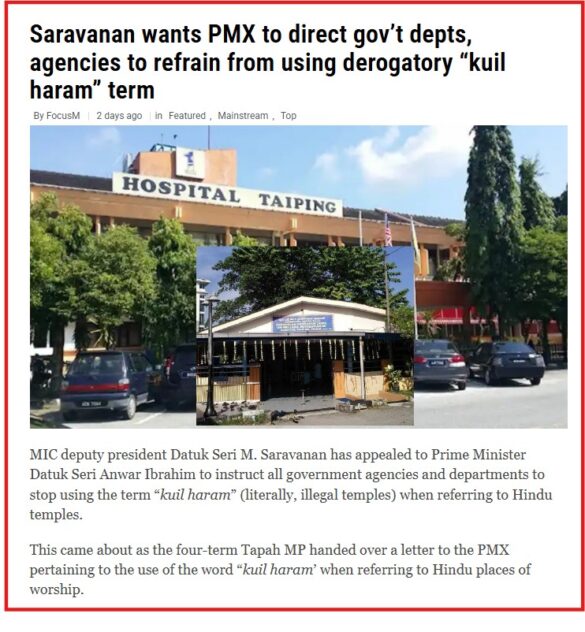
“Many are unaware that numerous non-Islamic places of worship are in fact legally registered and possess complete documentation,” he echoed the sentiment voiced by MIC deputy president Datuk Seri M. Saravanan recently.
“When terms like ‘illegal temple’ are used purely based on the physical structure without considering historical context or actual legal status, they create unfair and negative perceptions towards the religion.”
Saravanan who is also the Tapah MP has recently appealed to Prime Minister Datuk Seri Anwar Ibrahim to instruct all government agencies and departments to stop using the term “kuil haram” (literally, illegal temples) when referring to Hindu places of worship.
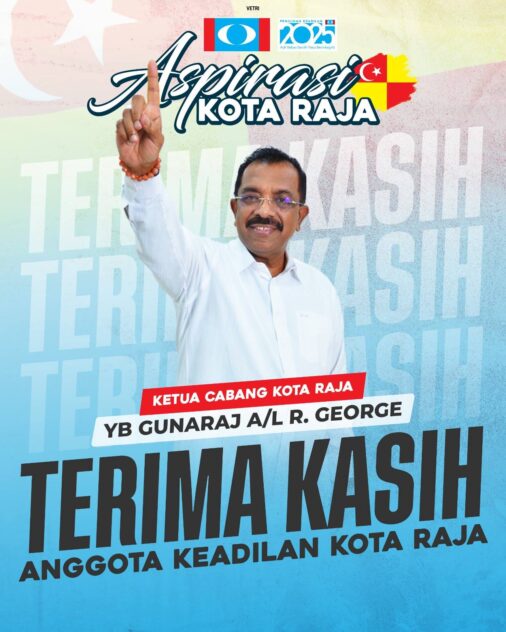
Gunaraj farther laid out four vital roles of his proposed Non-Islamic Religious Affairs Advisory Board:
- Coordinating the registration of non-Islamic places of worship;
- Mediating issues related to land and zoning;
- Providing guidelines and advisory services to religious organisations; and
- Formulating more inclusive policies and frameworks to ensure justice for all religious communities.
“The use of terms such as ‘unregistered structure’ or ‘building without approval’ is more accurate, professional and respectful of all sensitivities,” he suggested.
“However, we need a specialised institution with the expertise and authority to offer guidance and advice on these matters.”
In a related development, Gunaraj who is also the Selangor PKR vice-chairman II also urged the National Unity Ministry, particularly its Interfaith Harmony Division (BKAPA), to further strengthen its role in unity education and advocacy. – April 24, 2025


